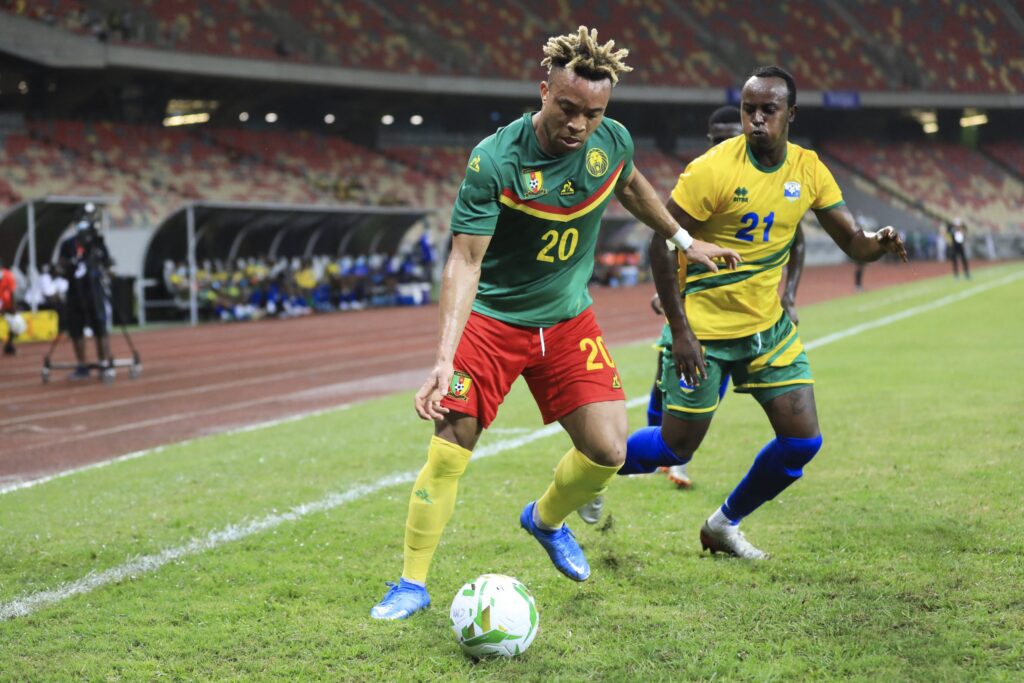The history of African football leagues dates back to the early 20th century when colonial powers such as Britain, France, and Portugal introduced football to Africa. The first football league in Africa was established in Egypt in 1917, followed by the formation of companies in other countries such as Algeria, Tunisia, Morocco, and Nigeria.
These early leagues mainly were set up by colonial authorities, with the aim of promoting European values and culture to the African masses. However, after countries gained independence in the 1960s, football became a symbol of national unity and pride, leading to the development of African football leagues as we know them today.
The first Pan-African football tournament was the All-Africa Games, which was first held in 1965 in Brazzaville, Congo. This tournament featured national teams from across the continent and played a significant role in promoting African football.

One of the most successful and widely recognized football leagues in Africa is the Egypt Premier League, which was established in 1948. It is the oldest continuing league in Africa. Other notable leagues on the continent include the South African Premier Soccer League, the Nigerian Professional Football League, and the Moroccan Botola Pro.
In recent years, the development of African football has been supported by several international organizations and football associations, including the Confederation of African Football (CAF) and the Federation of International Football Associations (FIFA).
Today, African football leagues continue to grow in popularity and competitiveness, with many African players featuring prominently in top European leagues including the English Premier League and Spanish La Liga. While a number of challenges have marked the history of African football, it is clear that the sport has played a significant role in shaping African culture and identity, and will continue to do so for many years to come.
The 20th century was a period of significant growth and development for African football leagues. The establishment of independent states in the 1960s led to the formation of national football leagues and the emergence of African football powerhouses such as Ghana, Egypt, and Nigeria.
One of the most notable events of the 20th century was the 1982 Africa Cup of Nations, which was hosted by Libya. This tournament saw an impressive performance by Ghana, who won the cup for the fourth time in the tournament’s history. The 1980s also saw the emergence of great African football legends such as Roger Milla of Cameroon and Abedi Pele of Ghana.

In the 1990s, African football leagues continued to grow in popularity, and several teams and players began to make their mark on the global football scene. In 1990, Cameroon made history by becoming the first African team to reach the quarterfinals of the World Cup, while Nigeria won the Olympic gold medal in 1996.
Another significant moment in the history of African football leagues was the formation of the Confederation of African Football (CAF) in 1957. CAF is the governing body of African football and has been responsible for organizing regional and international tournaments such as the Africa Cup of Nations and the African Champions League.
The late 20th century also saw an increase in the number of African players featured in top European football leagues. Players such as George Weah of Liberia and Samuel Eto’o of Cameroon became household names and inspired a new generation of African footballers.
In conclusion, the 20th century was a period of growth and development for African football leagues. The establishment of independent states, the emergence of new football legends, and the increasing global visibility of African football have all contributed to making African football a force to be reckoned with on the global stage.